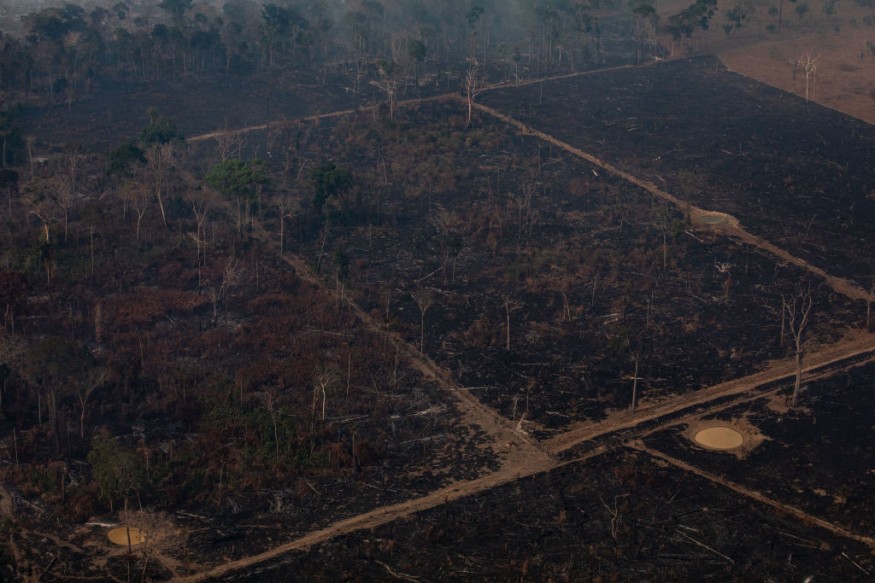A law is being proposed to help stop the public from purchasing food produced on lands that are illegally logged rainforest areas to mitigate climate change.
Companies in the UK are being sought to be prohibited from selling products that have violated local laws on forest protection and protection of other areas of nature.
New environmental law being drafted
This ban is being planned to be part of a new environmental bill. Its purpose is to avoid the inadvertent part that British consumers have in destroying the environment when they buy goods that have been produced in an environmentally unfriendly manner.
Some of the grown the most on lands that were cleared illegally include soya, cocoa, leather, palm oil, rubber, beef, paper, pulp, and timber.
The extent of illegal deforestation
It has been estimated that roughly 50% or all tropical rainforests that have been cleared have been done illegally. Deforestation there have been associated with expanding agricultural activities as well as commercial forestry.
These lands have been cleared to expand grazing areas for livestock and grow more crops.

READ ALSO: Scientists Say Proper Reforestation in Tropical Forest and Savannah Biomes in Africa Is Crucial
The importance of rainforests
This is critically important for our continued survival and our planet's health since rainforests perform the crucial role of absorbing carbon emissions and other greenhouse gases.
The diverse number of rainforests species is also critical, and the rainforests' ability to store massive amounts of water. Many new and revolutionary medicines can also be found in these areas.
Through consumers' support through their purchase of these products, the UK thus becomes part of the deforestation problem.
Concerns by environmentalist groups
The new bill was positively received by environmentalists, although they were also asked to trace all these products. Environmental groups also ask about the level of fines and the method of implementing the new law.
According to Greener UK's Ruth Chambers,
it is a significant big step towards protecting rainforests. However, she says they want to know about all the details of the new law.
Chambers also said that the ban only covers land that has been illegally deforested; however, in many countries, deforestation is legal. She wants to know how the government will handle that.
Other environmental groups also agree that more is needed to stop deforestation effectively.
Crafting the law
The new bill was crafted using recommendations by the Global Resource Initiative Task Force, and independent entity, which has consulted over 200 organizations and businesses.
According to the task force, the UK must work in concert with other nations to support farmers that transition to practices that inflict less damage to the environment.
According to Lord Goldsmith, the international minister for the environment, we depend on the ground for everything we need, and the protection of rainforests should be a top priority.
According to task force chairman Sir Ian Cheshire, the government recognizes its responsibility to ensure that it does not support deforestation and worsen the environmental crisis.
According to Jason Tarry, chief commercial executive of Tesco, the new law aligns with its objective of a total ban on deforestation. He says they are hoping that other businesses also follow suit.
The government welcomes environmental groups' support regarding the addition to the bill against products from illegally logged rainforest to mitigate climate change.
READ NEXT: Elephant Brothers' Walkabout Across West Africa Brings Collaboration Across Three Countries
Check out more news and information on Wildlife Species on Nature World News.
© 2025 NatureWorldNews.com All rights reserved. Do not reproduce without permission.





